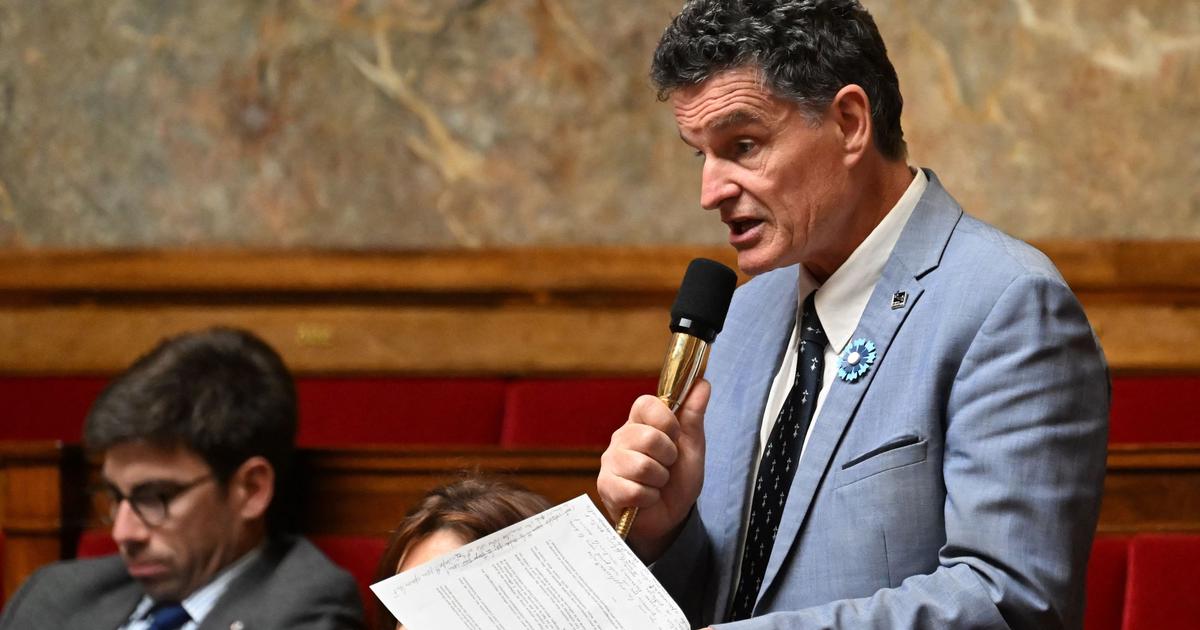In some of his essays, Pier Paolo Pasolini denounced the cultural homogenization of the consumer society as a subtle, totalitarian and repressive action, and among its consequences he pointed out the loss of the peasant world, traditions and identities.
In short, an acculturation —which also concerns languages— due above all to the abandonment of rural areas, to which today the devastating effect of globalization would be added.
The ideology of consumerist hedonism —headless, all-encompassing, brutal— entails, according to the same writer, stagnation in a swamp of selfishness, ignorance, rumour-mongering, coercion and conformism, to which moralism and false tolerance would be added.
Its devastating impulse is such that it leaves little other way out than the solitary and quixotic protest.
In the specific case of language, Pasolini points out how dialects are fading, losing their inventive force, and no young person could understand the jargon of his first novels.
And he compares that loss to the deadly effects of pollution on air and water, and the dramatic disappearance of fireflies.
These are reflections that retain all their validity today: languages rush towards a reductionism that leads grandchildren to forget the words used by their grandparents, and hence the rise of literature that claims orality as a desperate gesture of memory.
It is also striking how minority languages are often displaced by those that dominate in international communication, such as Spanish and especially English, the preferred language of exchange in many instances of the EU, despite the departure of the United Kingdom .
This erosive action is particularly painful due to the emotional component of languages.
If a homeland is the place where one is born or to which we belong, the motherland could be called the language —languages, in the case of bilingualism— in which one is born and lives: the affective bond of the human being with both —his land and their language—is so powerful that we feel it almost like something physiological.
And it can even hurt us, either because of its forgetfulness, because of its mistreatment or its loss.
One of the most moving books by Argentine poet Juan Gelman is a letter to his mother written in exile after learning that she had died: in his verses he identifies her with the fabric of words and time, in the conviction that When we are born, we pass from the maternal womb to that other womb that is the language, which accompanies us until death.
For him,
immersing oneself in its language from that double exile —from the homeland and the motherland— was a way of taking refuge in the original amniotic fluid.
To be back in and with the mother.
The affective implications of languages have to do with shared blood, geographies, histories and cultures, and for this reason it is sad that they sometimes become the object of tension.
In the
long noite de pedra
that was Francoism —as Celso Emilio Ferreiro called it— minority languages were censored, and Salvador Espriu asked to love
les parles diverses
in our
pell de brau
.
With the arrival of democracy, it was important to privilege these neglected matrias, and it was often done through immersion in school.
This option has played an essential role in recovery, but it has some limitations: one is the discontent of those who prefer a mixed model;
another is that immersion does not stop globalization.
That is why it would make sense for a step forward to be taken at the state level to protect these co-official languages, which are not something restricted to some autonomies, as if they did not have speakers throughout the national territory.
After all, this is indicated by the European Charter for Regional or Minority Languages, which asks to promote "mutual understanding between all linguistic groups in the country".
So let there be lectureships and scholarships that link our universities to share this linguistic and cultural treasure, and that cross our territory as the Erasmus in Europe do: weaving Europe.
Read Joanot Martorell —admired by Miguel de Cervantes—, and Josep Vicent Foix —first national prize for Spanish Literature—, and also Bernardo Atxaga and Álvaro Cunqueiro,
and to Rosalía de Castro and Montserrat Roig and so many more writers from our common tradition.
Encourage bilingual editions, ties, meetings.
May the matrias be bridges and not walls or battlefields.
That there is not the slightest danger that globalization will kill off the fireflies.
Selena Millares
is a writer and Professor of Literature at the UAM.
Exclusive content for subscribers
read without limits
subscribe
I'm already a subscriber

/cloudfront-eu-central-1.images.arcpublishing.com/prisa/F7B3Z47UJMQJVGULS5DMAANGSA.JPG)







